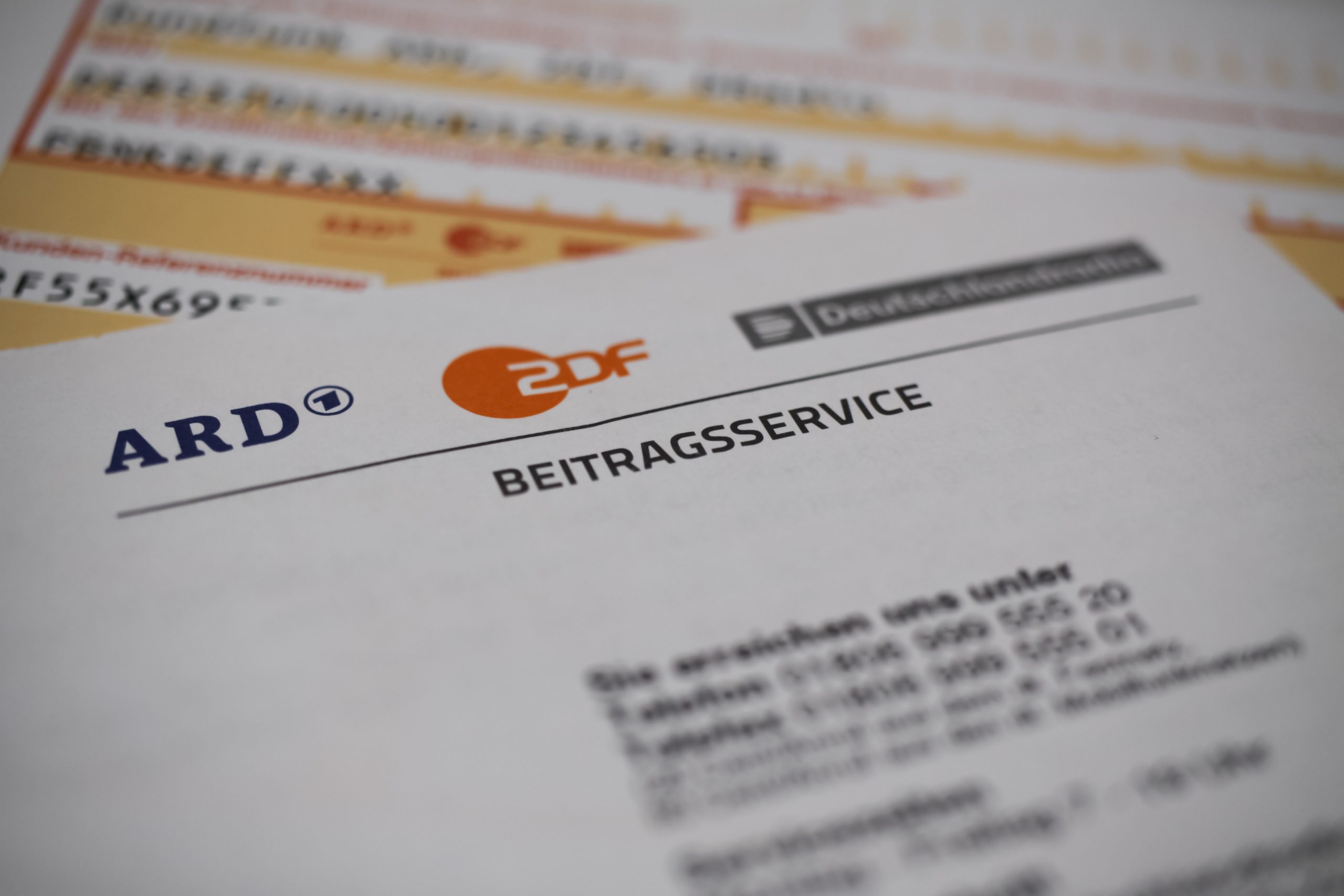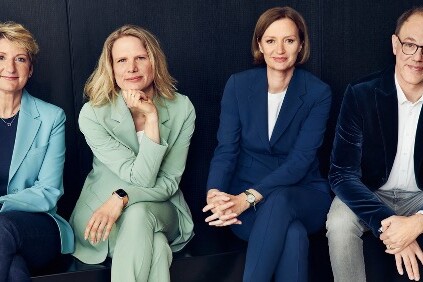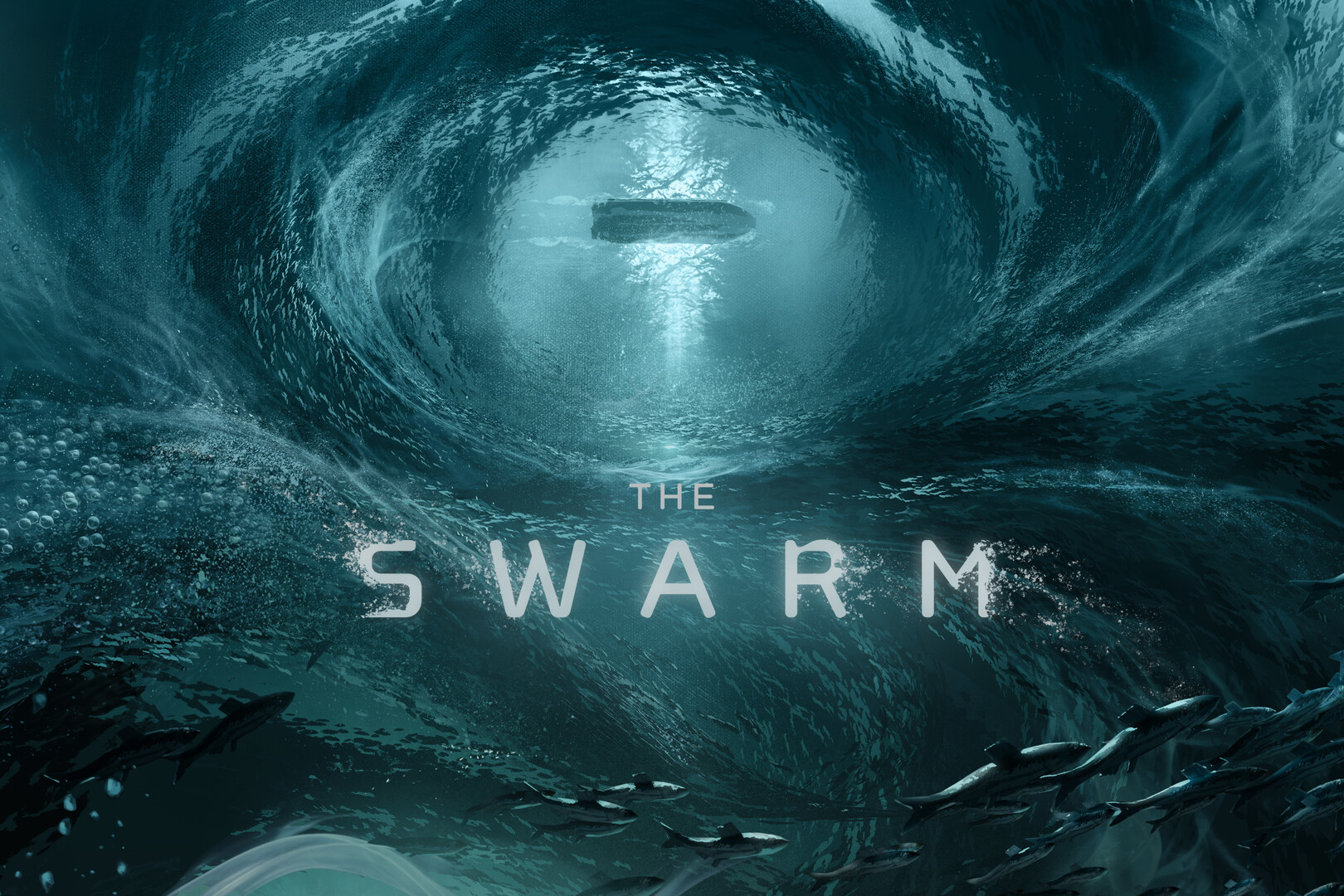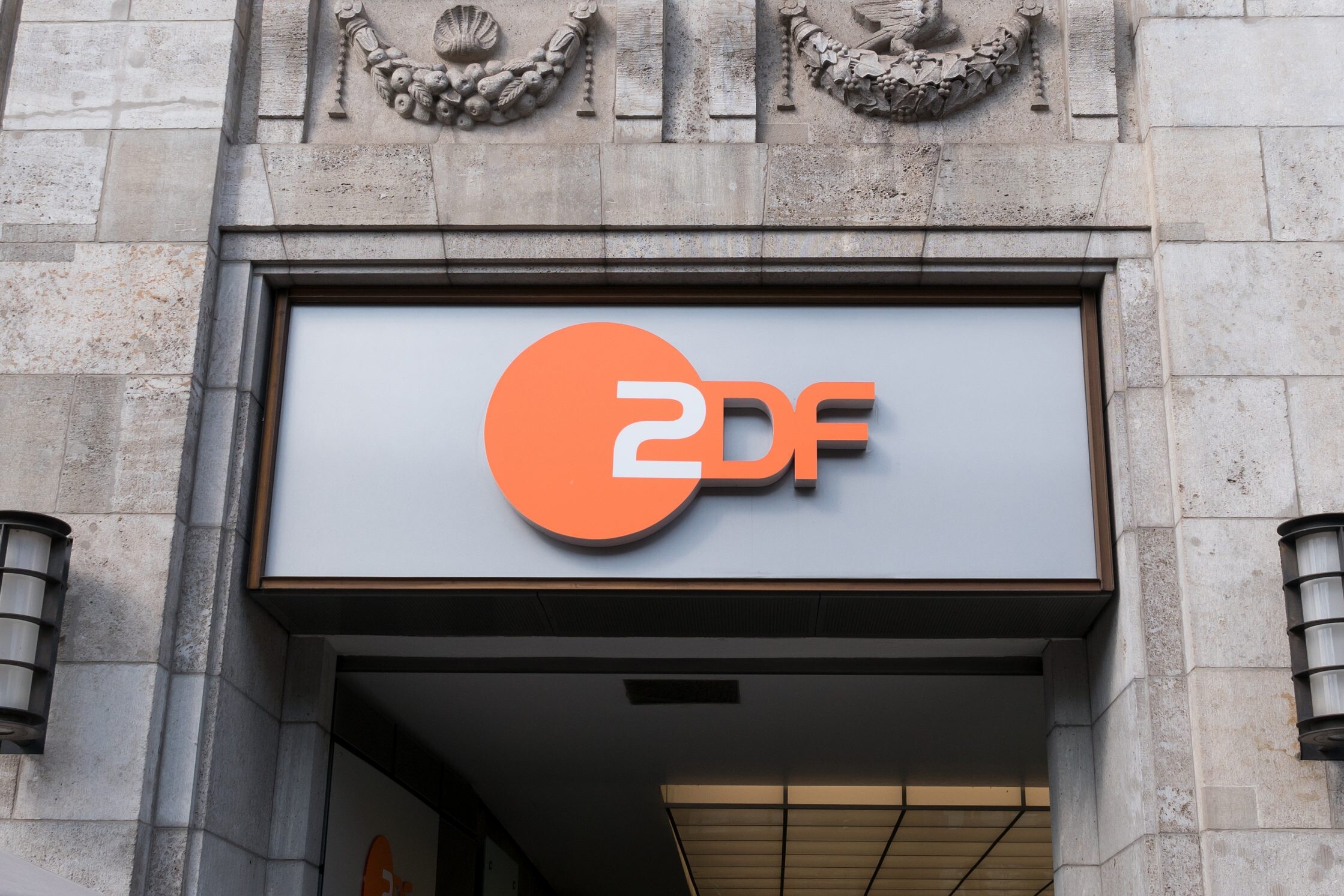Germany: Federal states reach agreement on public media reform
22nd June 2022
After more than five years of negotiations, the prime ministers of Germany’s federal states earlier this month agreed on a reform of the mandate of the country’s public service media (PSM).

The course for securing the future of public media in Germany has finally been settled, after years of wrangling over what direction it should take. The federal states struggled to reach a consensus on the mandate of public broadcasters ARD, ZDF, and Deutschlandfunk since negotiations started in 2016. In October 2021, concrete proposals for reform were finally developed and opened for public discussion from 19 November 2021 to 14 January 2022. The mandate describes in law what broadcasters should do and offer to the public as well as the tasks of the broadcasters’ bodies.
The PSM reform has two main goals: “Public service broadcasting in Germany should be future proof. This also means enabling digital transformation in order to respond to changing media usage behaviour. At the same time, the acceptance of public service broadcasting as an important pillar for media diversity and pluralism and thus for democracy should be strengthened,” the Rheinland-Pfalz government said.
The Media Minister for the Bavarian government, Dr. Florian Herrmann, said the purpose to of the reforms was to make “public broadcasting fit for the future. ARD and ZDF had grown too broad. Now we are sharpening the profile in a targeted manner and expressing the brand core of the public broadcaster even more clearly. In doing so, we rely on a contemporary coexistence of public and private broadcasting that takes individual strengths into account in a meaningful way. We want class instead of mass and the best offer for the citizens.”
On 2 June, the prime ministers agreed on amendments to the Interstate Media Treaty. In Germany, the 16 federal states are responsible for media policy and jointly set the framework for public service media.
Read more: Focus on PSM: Germany
We cover the key takeaways, from flexible programming to a refined public service media (PSM) mandate.
Flexible programming
The German television public broadcasters ARD and ZDF will be given more freedom to decide for themselves how the content of their “special interest channels” will be distributed – whether on television and online, or only online. The broadcasters have several special interest channels, including KiKA (the joint children’s channel), Phoenix (the joint special events channel), Tagesschau24 (ARD’s news channel), and ZDFinfo (ZDF’s documentary channel). ARD and ZDF may choose to discontinue these channels or turn them into fully online offerings or apps.
“In the future, ARD and ZDF can make their entire online offer more attractive by being able to place films and series in the media libraries before they are broadcast or independently of the broadcast. With a joint platform strategy, ARD and ZDF can make their media libraries even more user-friendly in the future,” the Bavaria state government press release said.
The programming flexibility will not extend to Das Erste (ARD’s flagship channel), Die Dritten (ARD’s regional channels), ZDF, and the international agreement channels such as the Franco-German culture channel Arte. These main channels will continue to broadcast as continuous TV programmes.
The reforms made note of the increased relevance of digital streaming offers and shifting media consumption habits. The public broadcasters would be given more freedom on the Internet in the future with an expansion of the telemedia mandate – the legal framework for electronic information and communication services in Germany – to include online-only offerings. According to Malu Dreyer, Prime Minister of Rhineland-Palatinate, it was important to reach citizens in the formats they need. “We give the broadcasters a future-oriented framework and at the same time more flexibility in the design of their offers. The federal states are thus leading public broadcasting into a stable future,” she said.
“We are making public broadcasting fit for the future. ARD and ZDF had grown too broad. Now we are sharpening the profile in a targeted manner and expressing the brand core of the public broadcaster even more clearly” – Bavaria’s Media Minister Dr. Florian Herrmann
Meanwhile, ZDF Director General Norbert Himmler welcomed the proposed changes to the media treaty. “By making it more flexible, we are able to react quickly to changes in user behaviour, for example, without the need for a new state treaty every time,” he said at a recent media event.
A refined public media brand
Tied to the flexibility in programming is the reform’s aim to make the public media brand more visible and strengthened. According to Ms. Dreyer, PSM’s core remit includes education, culture, information, advice, and “entertainment if it corresponds to a public service profile.”
The entertainment value of public media was a point of contention in the reforms’ development. While broadcasters and Broadcasting Council members recognised the importance of entertainment in the public media brand, critics had called for it to be reduced due to the existing offers in the private TV sector. The reform refines the entertainment mandate to correspond to a public service offer and allows the broadcasters to determine how they prioritise the role of entertainment in their offerings.
“During the lengthy deliberations, we in the Broadcasting Commission were always aware that it is important to find the right place for the entertainment mandate,” Prime Minister Dreyer, who is also the Chair of the Broadcasting Commission, said.
Meanwhile, the new state treaty is also expected to clarify the separation between information and opinions. Dreyer explained that one key point raised across the 2,600 public submissions was that audiences found it difficult to distinguish among objective reporting, opinion, and a combination of the two.
PSM councils to be strengthened
The supervisory bodies of the German PSMs will be strengthened by the new Interstate Media Treaty. Each of the three broadcasters has an independent council made up of the sectors of society. These councils oversee the programmatic work of the broadcasters. The amended media treaty proposes more opportunities for the councils to have a say in cost control and quality management for programme offerings, Süddeutsche Zeitung reported.
But ARD Chairwoman and RBB Director Patricia Schlesinger warned against too much influence from the councils on public media programmes. Speaking at the Central Germany Media Days event, she said, “It’s not the job of the committees to have a say in the content of the programme.” She added, “Committees are not just a nod to clubs, as is always claimed. They control us and evaluate the program that we have broadcast. […] Committees can sometimes be made up differently politically, and then it becomes difficult.”
What’s next?
The Broadcasting Commission will now draw up a draft state treaty on the basis of the agreement. This draft must then be adopted by the heads of government of the federal states before the state parliaments are given the necessary information, with the aim of signing the amending state treaty by the Prime Ministers’ Conference in October 2022. All state parliaments must agree to the state treaty.
Deliberations on the future financing of the public broadcasters are expected to be dealt with in the second reform step. Currently, German households pay a monthly licence fee of €18.36.
Related Posts
27th October 2021
ZDF makes history with English language adaptation
ZDF's adaptation of a bestselling…


